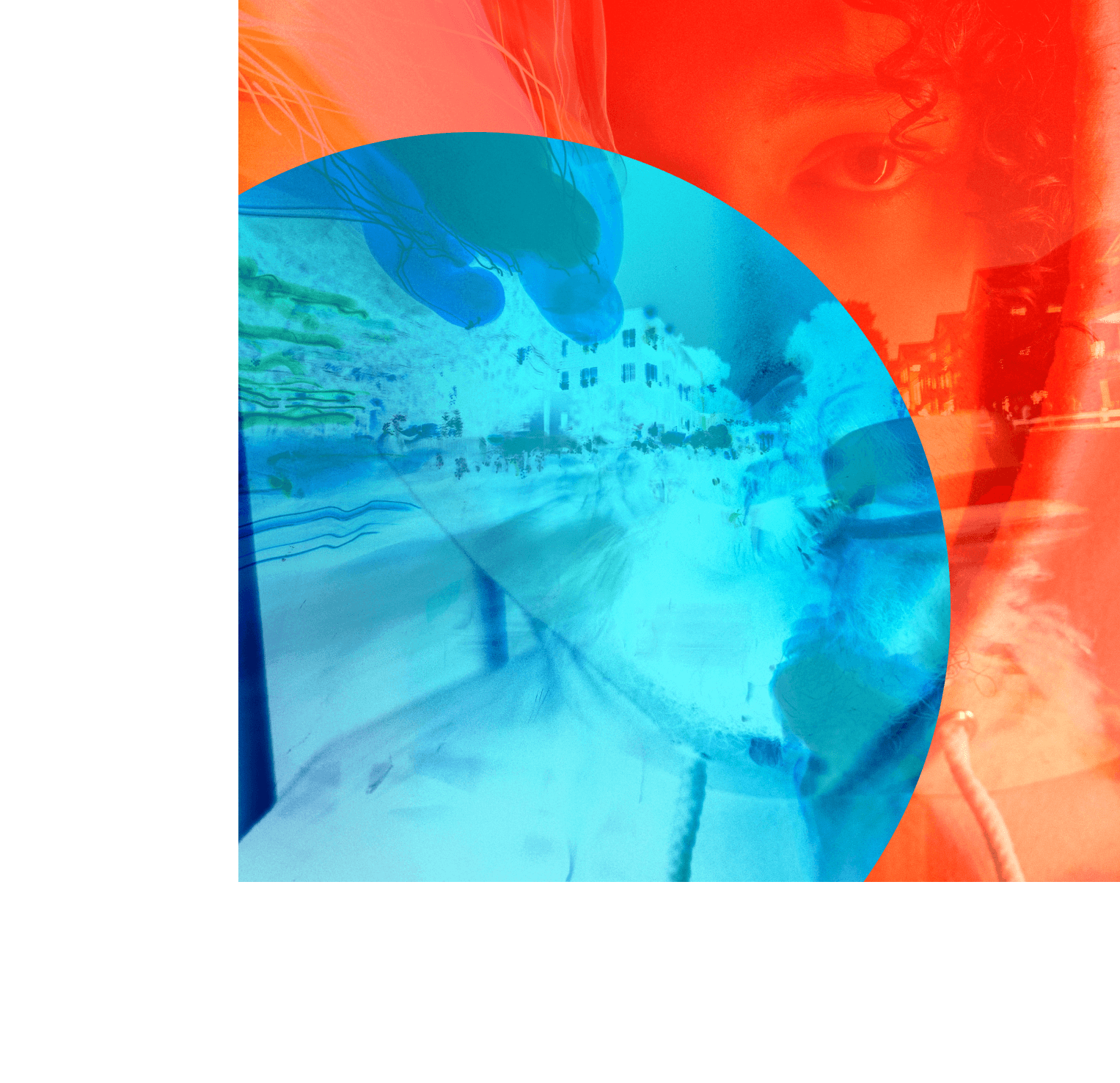Why Anxiety and Panic Attacks Make You Feel Dizzy
If you’ve ever felt dizzy during anxiety or a panic attack, you’re not imagining things. It’s a common and unsettling symptom that can make you feel like you’re losing control. So, why does anxiety make you feel so dizzy? Let’s break down what’s really happening in your body and brain.
When you’re anxious or panicking, your body’s fight or flight response kicks in. This is your body’s way of preparing to deal with a perceived threat, and it releases a surge of adrenaline. Adrenaline causes a cascade of physical reactions: your heart rate increases, breathing becomes rapid and shallow, and blood flow is redirected to essential muscles. One side effect? Dizziness. Rapid, shallow breathing throws off the balance of oxygen and carbon dioxide in your body, which can make you feel lightheaded or faint.
Anxiety often leads to hyperventilation, which is essentially over-breathing. When you hyperventilate, you’re taking in more oxygen than your body needs while exhaling too much carbon dioxide. This imbalance affects your blood pH levels and restricts blood flow to your brain, leading to that dizzy, spaced-out feeling. It’s your body’s way of reacting to too much oxygen and not enough carbon dioxide—a kind of sensory overload for your brain.
Adrenaline can also mess with your perception of time and space, creating a sort of delay in how you process what’s happening around you. It’s like your brain is moving faster than your body can keep up with, which can make everything feel off-kilter. This delayed perception isn’t dangerous, but it’s definitely disorienting, and it can contribute to feeling dizzy or unsteady.
Anxiety causes your blood pressure to fluctuate as your body tries to figure out whether it’s in danger. This fluctuation can make blood rush to your muscles or your brain at odd intervals, causing sensations of dizziness or lightheadedness. It’s a temporary response, but when it happens, it can feel like the ground is shifting under you.
Anxiety makes you hyper-aware of every sensation in your body. A little head rush that you’d normally brush off becomes a focal point when you’re anxious. This increased sensitivity can make dizziness feel more intense and overwhelming than it actually is, feeding into the cycle of panic and making it worse.
The key to managing dizziness from anxiety is to slow down your breathing and try to ground yourself. Focus on deep, slow breaths—inhale through your nose for a count of four, hold for four, and exhale through your mouth for four. Repeat until the dizziness subsides. Remind yourself that these feelings are just your body’s response to stress and not a sign of something more serious.
Dizziness during anxiety and panic is common and harmless, even though it feels scary. Understanding that it’s just your body reacting to anxiety can help you manage it better and break the cycle.
